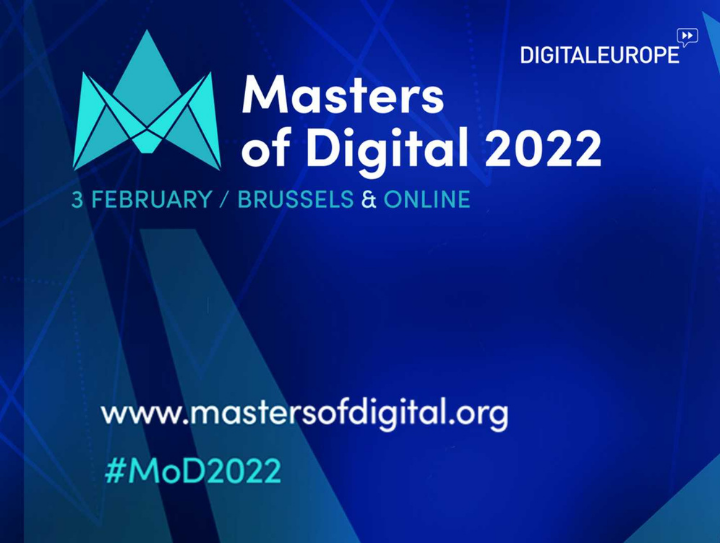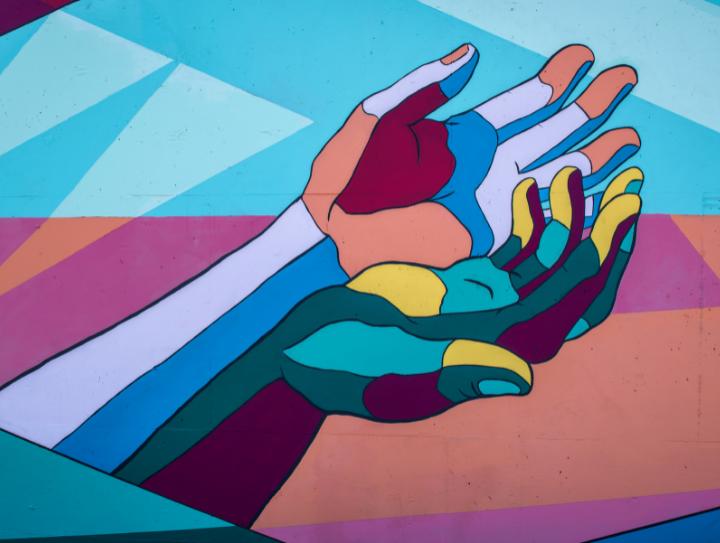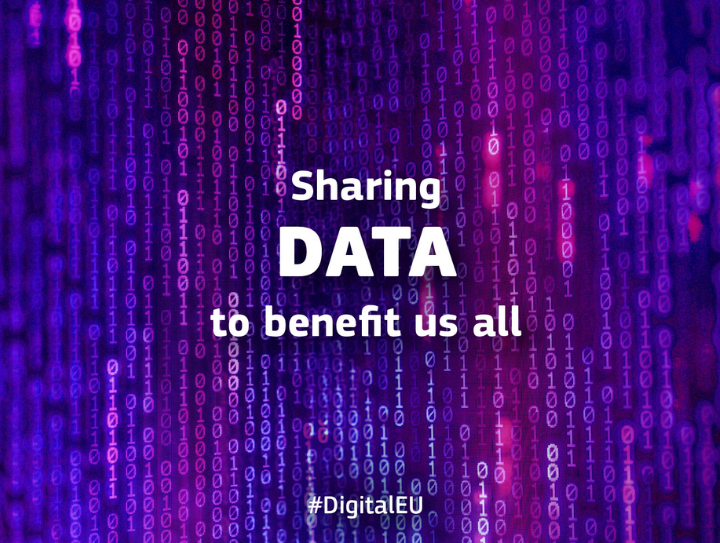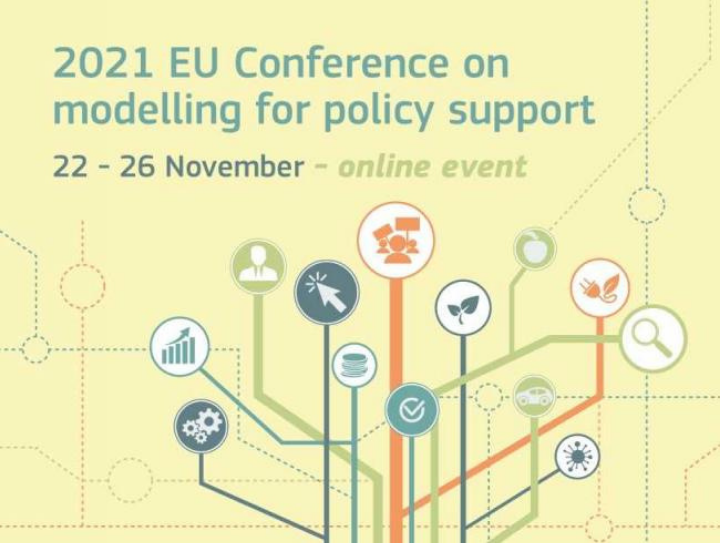593 najdenih rezultatov
Skip results of view Novice

To track climate trends and design effective climate policy, the availability and use of data are essential. When it comes to climate data, everyone can play a role. Public and private organisations, civil society initiatives and citizens can all be producers, users and intermediaries of the data. To understand how open data adds value to the climate agenda in Latin America, the Open Data Charter and the World Resources Initiative developed the Open Up Guide for Climate Action . This guide shows which (open) data is relevant for climate action, based on input from the climate change and open

Digital technologies were crucial to Europe's response to COVID-19 and will be for the recovery too. For the next decade, the EU has set to modernise businesses, upgrade infrastructure and offer training opportunities to citizens. This is a great opportunity for Europe to lead the way in regulating upcoming technologies such as artificial intelligence (AI) and Internet of Things. At the Masters of Digital 2022 event - Europe’s premier digital policy conference - live debates will explore the role of AI in transforming the way we do business, and how we can use data to improve our lives. As our

In light of the recent situation in Ukraine, we have updated the text of this news piece after publication. The Ukrainian open data team is one of the top performers but is not able to speak at the event. We hope to host them at the data.europa academy in the future. What can you learn from the top performers of the Open Data Maturity assessment of 2021 ? Find out during the upcoming webinar on open data best practices on Thursday 17 March. The webinar will host two European countries that showed impressive growth in their open data maturity score of the last two years: Estonia and Slovenia

The Irish National Open Data Conference is an annual event that brings together the open data community to learn from each other, exchange ideas, and cooperate to advance open data in Ireland. The 2021 edition focused specifically on data quality, and how publishing interoperable and harmonised data directly benefits re-use and impact. Open data publishers shared their knowledge on data standards and how to apply them, on validation and quality monitoring, and showed how to improve data reusability. Many data re-users joined the event to express how they experience working with open data, and

In April last year, the EU Open Data Portal and the European Data Portal consolidated into one service providing access to European data under the name of data.europa.eu . This portal, brought to you by the Publications Office of the European Union , provides access to public data resources from EU institutions and agencies, EU Member States, and other European countries. Currently, you can find over 1 million datasets, from 36 countries, along 13 thematic categories on data.europa.eu. If you work for a non-government organisation (NGO), data.europa.eu can support you in your human aid

The Canary Islands Open Data Portal , a Spanish regional data portal, received the 2021 ASEDIE Award for its transparency in making public sector data available. The award acknowledges the portal’s active involvement in the promotion of open data and transparent ecosystems and its pivotal role in the provision of relevant information to citizens and companies. ASEDIE is a multisectoral information association that brings together infomediary companies from different sectors to publish data and promote its use and re-use. Their mission is to provide the information to support companies in

Last month, the European Council and the European Parliament adopted new rules for data sharing and reached a provisional agreement on the Data Governance Act (DGA). The Data Governance Act is the first legislative initiative of the European data strategy , which aims to make the EU a leader in a data-driven society allowing data to flow freely within the EU and across sectors to benefit citizens, businesses, and public administrations. The DGA is a new law that will: Promote reuse of public-sector data. This EU legislation will facilitate safe and wide data-sharing of certain categories of

As the year is coming to an end, the team behind data.europa.eu takes stock of the past year and looks ahead to the next. 2021 featured many highlights. In April, data.europa.eu was born out of the merge between the European Data Portal and the EU Open Data Portal. By joining forces, not only were we able to make more open data available, we also were able to show an even bigger audience the great societal and economic potential of open data. This became even more obvious during the EU Open Data Days , where over 2000 participants saw open data in action. Under the tagline of Shaping our

The team behind data.europa.eu wishes you all a merry Christmas and happy holidays. As we prepare for the festivities and celebrations, we want to share some special datasets with you, that you might not usually think of. If you live in London or Barcelona for instance and want to know where you can deposit your Christmas tree, you can find a register of pick-up and recycling points on data.europa.eu . If you are looking to visit a Christmas market in Germany, data.europa.eu can help you find the right place . Perhaps you want to check what the chances are for having a “white Christmas”, you

The conference brought together researchers and policymakers to identify common challenges and solutions when using models to support policymaking. Models are extensively used to analyse the environmental, economic, and social impacts of policies and the European Commission continuously uses them throughout their process of creating and implementing policy. Following the EU Open Data Days, the Publications Office contributed with the session on ‘Highlights from the EU Open Data Days : how open data can support policy-making' on Friday, 26 November. It brought open data as key enabler to be
